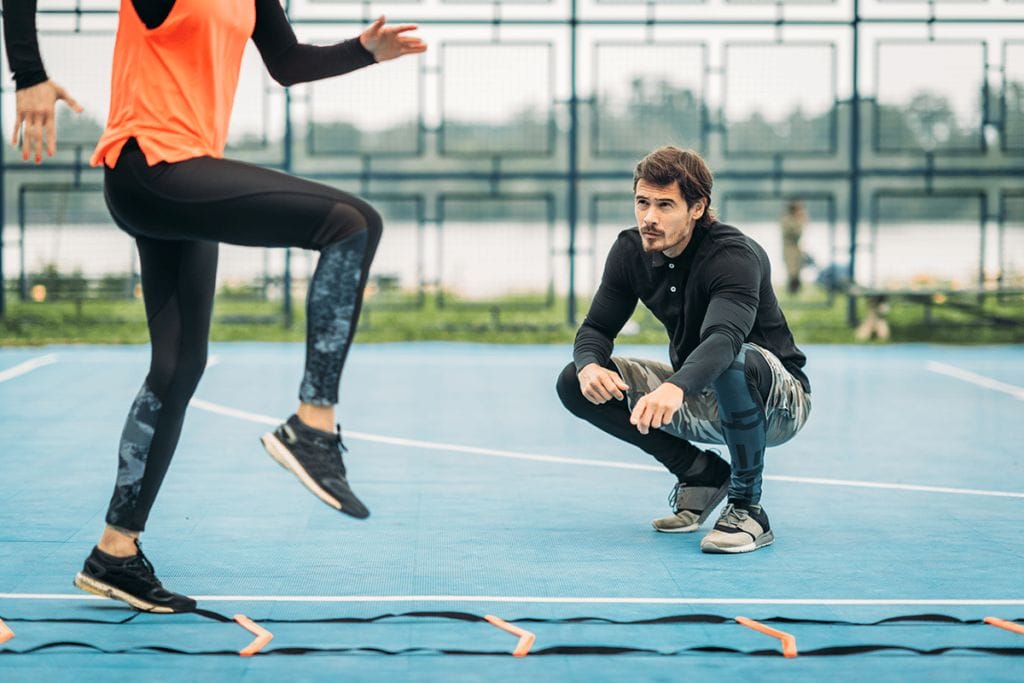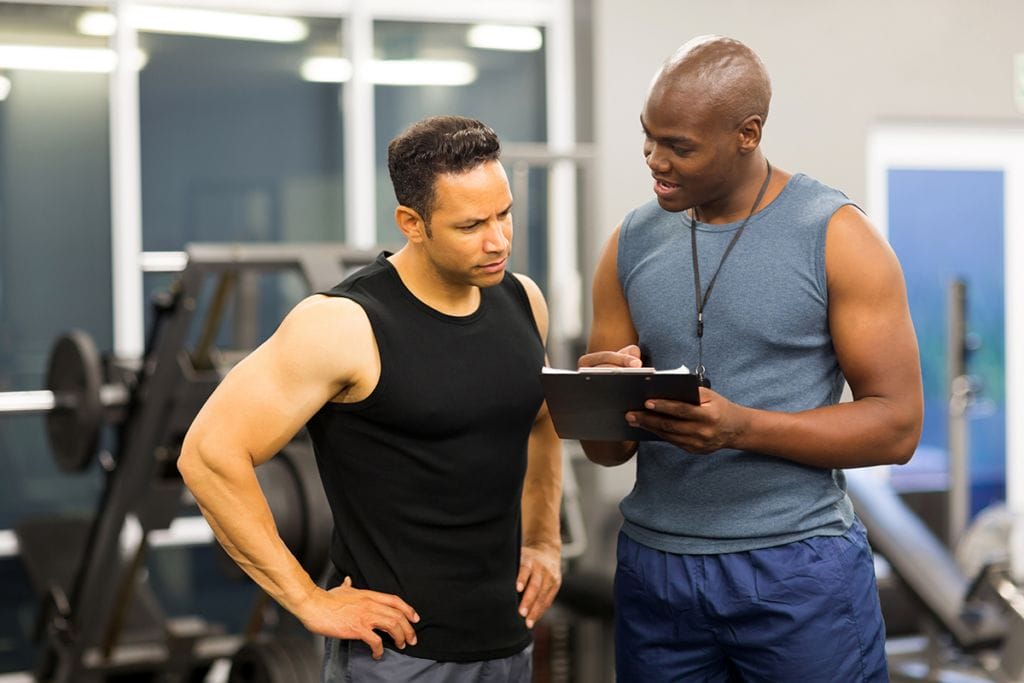Group training sessions can be extremely beneficial for athletes. They can offer a chance to learn new techniques, work on game-specific skills, and generally improve their overall athletic performance.
Small group training can be even more beneficial, providing athletes with a chance to get more individualized attention than they would in a large group setting.
However, the one-on-one coaching model is, by far, the most effective way for athletes to train.
One-on-one personal training allows for a much more customized approach to training. In one-on-one coaching, sessions are individualized to each athlete’s unique sport, level, and training needs.
Athletes may also benefit from flexible appointment times, complimenting their demanding schedules. Coaches can assess and modify sessions based on the changing needs and demands of a single athlete, rather than
Here are four reasons why one-on-one coaching is so effective for athletes:
One-on-one coaching provides athletes with undivided attention from a coach.
One-on-one coaching is the best way to improve as an athlete. When you have a trainer or coach’s undivided attention, it’s easier to identify what’s wrong and how to fix it. This is in contrast to group sessions, where the coach has to split their attention between multiple athletes.
As a result, one-on-one coaching—even in the case of online coaching—is more efficient and can help an athlete make faster progress. If you’re serious about taking your performance to the next level, one-on-one coaching is the way to go.
One-on-one coaching allows for more customized and specific training.
In a one-on-one coaching relationship, the coach gets to know the athlete very well and can tailor each session specifically to their needs. This is in contrast to group coaching, where the coach has to design sessions that are appropriate for a range of athletes with different abilities and goals.
Since one-on-one coaching sessions are tailored specifically to you, they can be more effective in helping you achieve your goals. Your coach can design a training program that’s based on your specific needs, weaknesses, and strengths. They can also adjust the plan as you progress, so that you’re always challenged and making progress.
In one-on-one coaching, weak areas can be quickly identified and worked on, and progress can be closely monitored. This level of customization is not feasible or desirable in a group setting, and as a result, one-on-one coaching is more effective because it is tailored to the individual rather than the group.
One-on-one coaching gives athletes the opportunity to receive immediate feedback from their coach.
One-on-one coaching is an effective way for athletes to receive the individualized attention they need to reach their goals. With flexible appointment times and tailored training sessions, athletes can benefit greatly from this type of coaching; making faster progress and realizing their potential sooner.
One-on-one coaching builds trust and accountability.
When you work with a coach one-on-one, you build a relationship of trust and mutual respect. This is because you’re working together towards a common goal: your success as an athlete. Having a coach who you trust and feel accountable to can be a powerful motivator, and it can help you stay on track even when things get tough.
Summary
If you’re looking to improve as an athlete, one-on-one coaching is an effective way to make progress. It provides you with undivided attention from a coach, customized and specific training, and builds trust and accountability. If you’re serious about taking your performance to the next level, one-on-one coaching is the way to go.






